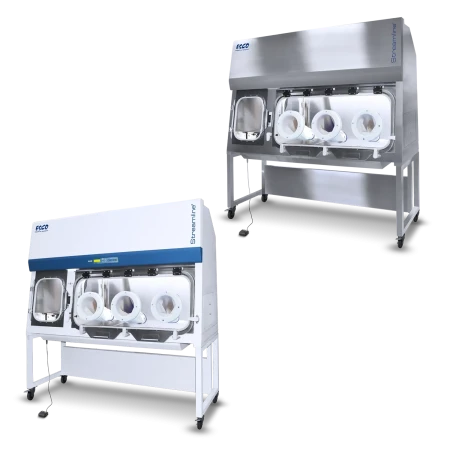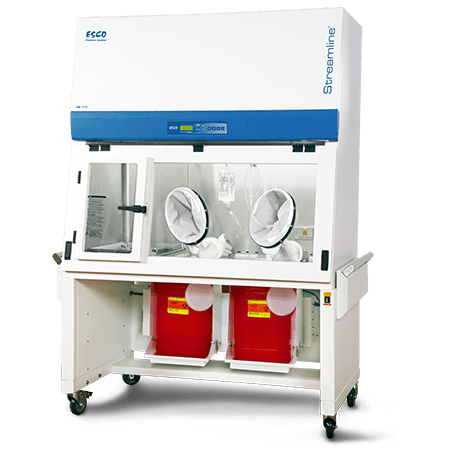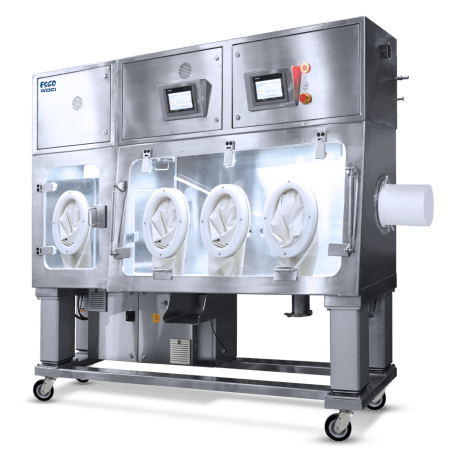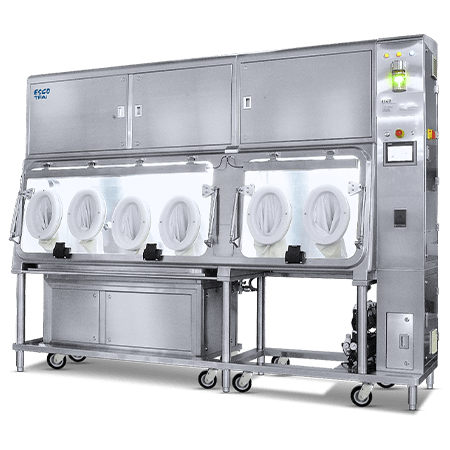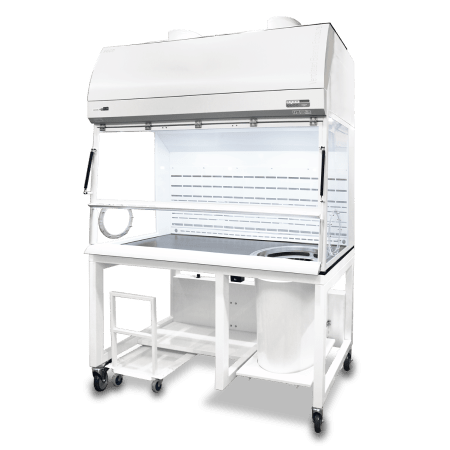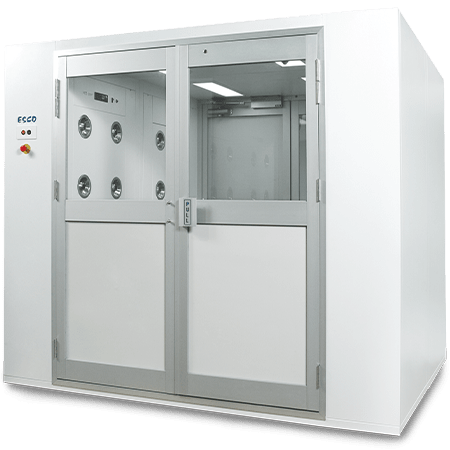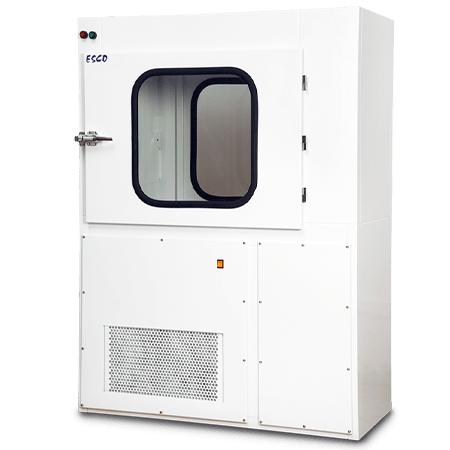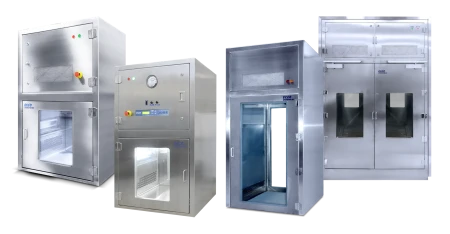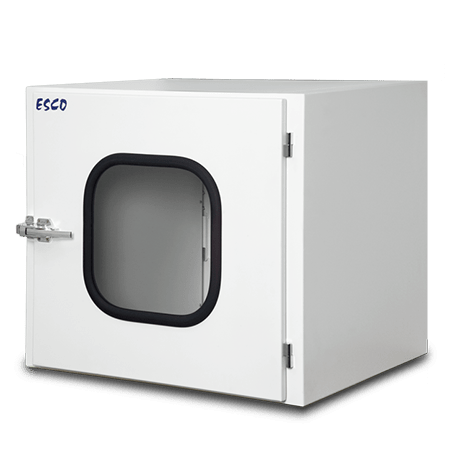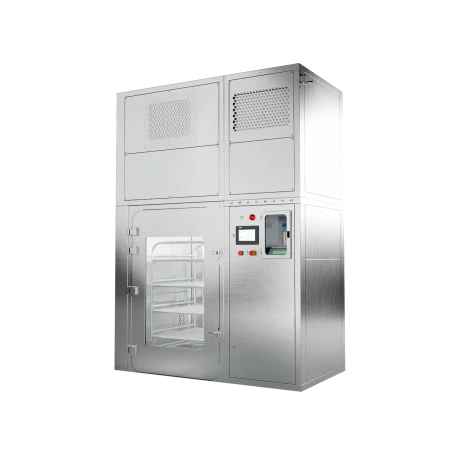The term ‘Nutraceuticals’ was invented in 1989 by Stephen DeFelice, and is a hybrid of ‘nutrients’ and ‘pharmaceuticals’. This consists of products which are more than food due to their expected health/medicinal benefits but less than pharmaceuticals because of their unproven physiological actions. To date, there is still no internationally agreed definition for these products, and how they are judged varies from country to country.
Plenty of ingredients are found in food but people need more ingredients and more health effects that one can expect from changes in eating habits. Due to public demand, products containing concentrated nutrient-ingredients such as nutraceuticals appeared. As cited in the book titled, ‘The Role of Functional Food Security in Global Health’ by Tellesy in 2019, it is said that 50-70% of the population in developed countries use nutraceuticals, and this number is increasing by the age.
Wide range of ingredients and products are covered by nutraceuticals. In some cases, these ingredients are also found in registered pharmaceuticals and nutrition supplements as well. Examples of these include:
- Probiotics
- Omega-3 fatty acids
- Glucosamine
- Melatonin
- Lutein
- Vitamins
- Minerals
From a safety point of view, usually nutraceuticals are trusted products even without the approval from health authorities unlike pharmaceuticals. A lot of clinical studies are carried out, and results originating from these trials support their effectiveness as well as their general safety. However, these products may present risk if they were to be used without any medical control as there are potential interactions with medications which can be harmful, especially to those considered to be vulnerable (e.g., old, young, chronically sick) in the population.
Usually, approval processes are not carried out due to economic reasons hence, the quality of the product documentation doesn’t reach the acceptance level of the authorities. Even without approval, nutraceuticals are expected to perform benefits/effects similar to pharmaceuticals, and this similarity and reliability depends on the manufacturer.
The quality, safety and effectiveness of nutraceuticals are heavily dependent on the manufacturers, thus facility/ process integrity are critical in ensuring an efficient and reliable production flow to get the desired product.
Esco offers a wide range of products that facilitates in the efficient processing of nutraceuticals. Examples of these include Isolators and Ventilated Balance Enclosures.
Esco also offers modular soft-walled and integrated cleanroom ceiling laminar airflow solutions which allow users to build cost-effective cleanroom suites. Moreover, maintenance of cleanroom condition can further be enhanced by reducing cross-contamination through integration of pass boxes and air showers at the entrance and/or in between the controlled room and its external environment.
Esco Healthcare with its innovative and turnkey solutions, backed with its four (4) core technologies, enables various industries such as pharmaceuticals, nutraceuticals, and cosmeceuticals to comply with the internationally accredited GMP, as well as, industrial, environmental, and health and safety standards.
References:
- Aronson, J. (2017). Defining ‘nutraceuticals’: neither nutritious nor pharmaceutical. British Journal of Clinical Pharmacology, 83(1), 8-19. doi: 10.1111/bcp.12935
- Telessy, I. (2019). The Role of Functional Food Security in Global Health: Chapter 24 - Nutraceuticals. Academic Press. Retrieved from: https://www.sciencedirect.com/science/article/pii/B9780128131480000244
Recommended Products
